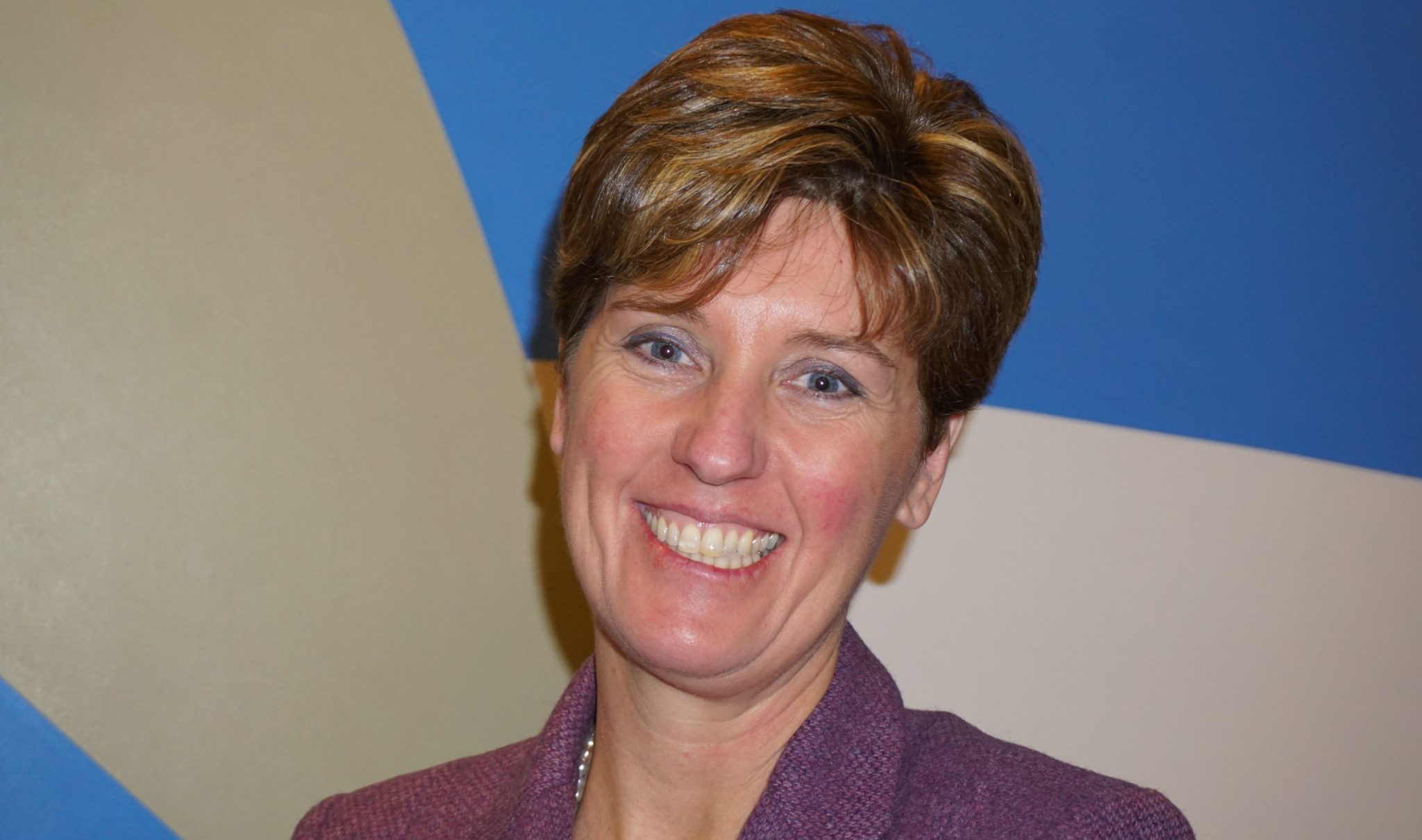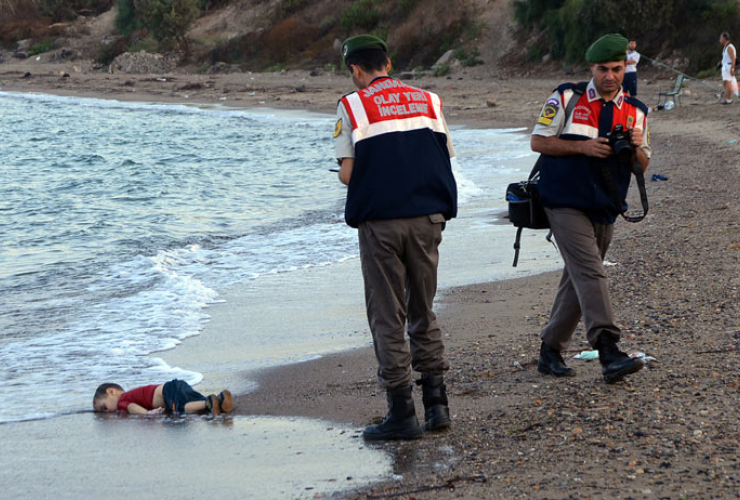Minister of International Development and La Francophonie Marie-Claude Bibeau recently returned from a trip to Jordan and Lebanon, where she renewed Canada's commitment to preventing anti-refugee backlash in Middle Eastern countries that are overwhelmed with Syrian refugees. She spoke with National Observer about her department's goals for the region and how it plans to distribute aid in the coming years.
Q: Which countries does Canada consider leaders in handling the crisis in Syria?
A: “It depends where you live. I just came from Lebanon and Jordan, and they have more than one million refugees in each country and I was very impressed by the work they are doing to welcome this population. It was already a challenge to give all of these good services to their own population, so when you see your city... just doubling the population — it really is a big challenge for them to offer adequate services and infrastructure to their own population and the refugees.”
Q: How is Canada relieving refugee pressure the Middle East?
A: “They are telling us they are at the breaking point, they really need international support, that’s why a significant part of the Canadian commitment was for these neighbouring countries. We’re talking about $270 million for these resilience projects over three years... to help them keep children in school and develop job opportunities for the adults. The idea is really to keep these countries stable and make sure that Syrians will be ready to rebuild their country as soon as possible.”
Q: Will Canada answer Nobel Peace Prize winner Malala's Yousafzai's call to donate $33 million to educate Syrian refugee children?
A: “Education is definitely one of the priorities among the priorities. I can’t tell exactly which program or partners we will enter… We will be doing a significant job in terms of contribution to the education sector, because it’s obviously a priority to protect children, keep them away from terrorists and protect the girls also from early marriage. When they are in school it’s the best way to protect them.”
Q: What is Global Affairs Canada working on other than the crisis in Syria?
A: “We are talking a lot about the Sustainable Development Agenda 2030. My mandate is to refocus our assistance to the poorest and most vulnerable communities and countries. We are actually doing this whole consultation to help make the priorities. We know we are going to build on the maternal and child health program and enlarge it to include the rights of women and children, including reproductive health. When we say the rights of children, it also includes education. We’re going to talk about economic growth and will focus on everything related to climate change. Humanitarian assistance is a priority — governance, rule of law, and human rights will be other priorities. So we are addressing these four orientations and developing them in a more precise way to create our new policy.”
Q: How does the department direct its aid?
A: “When you talk about international development you cannot change or stop working in a country to start working in another just like that — it has to be done in a structured, planned way. We are talking right now with our international multilateral partners and the Canadian organizations as well. The team within the department is also very experienced, so we are doing this is a very open way. We have already identified some orientation of priorities so after that it’s to say where we are going to put more emphasis and which countries. The needs are not the same in each country.”





Comments